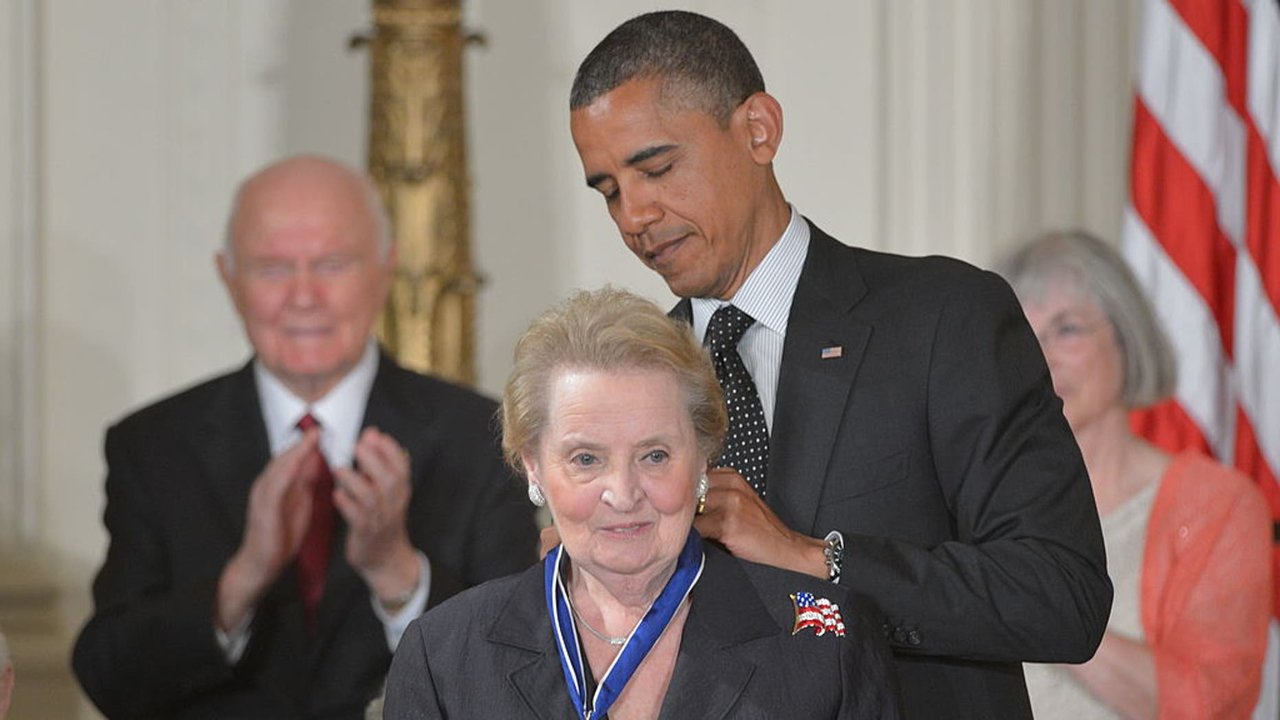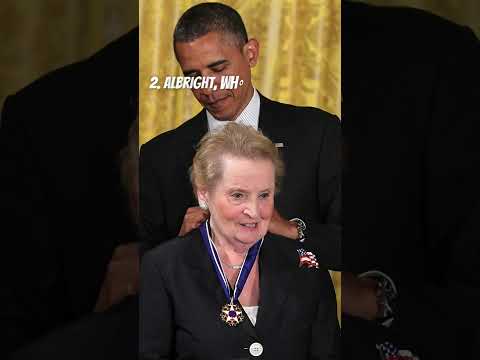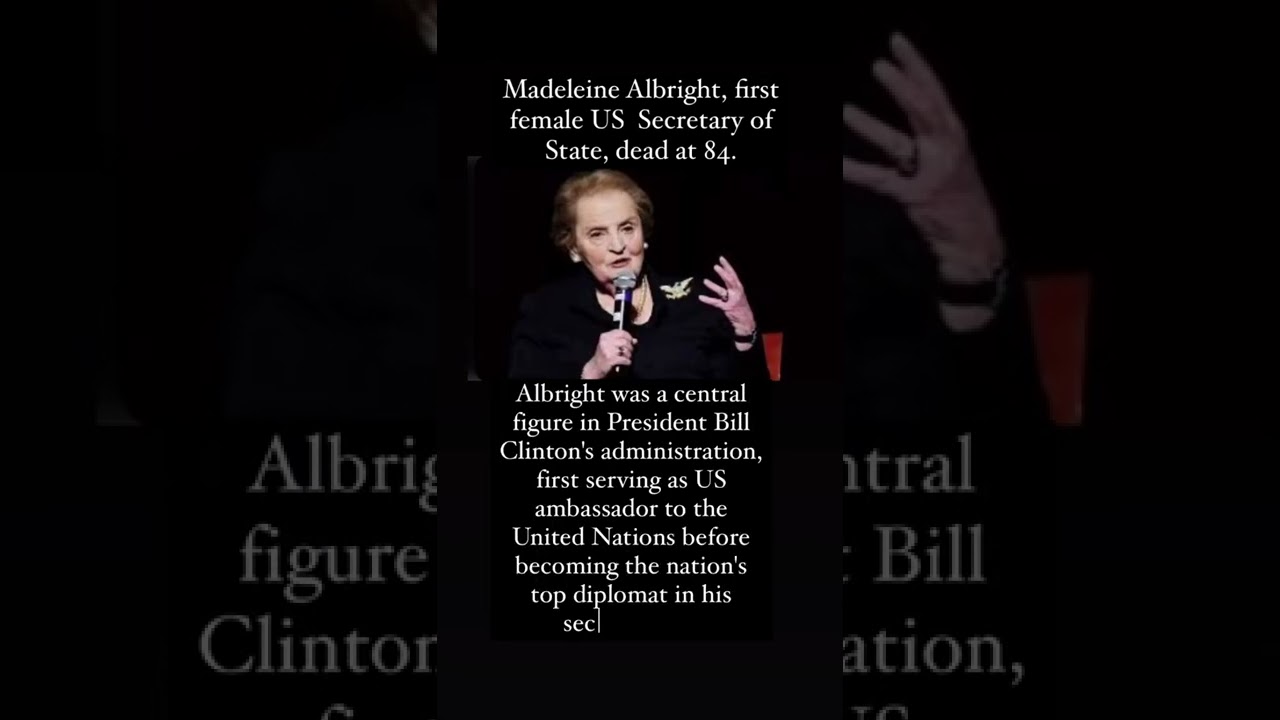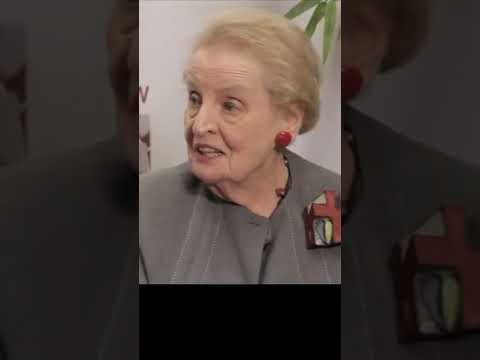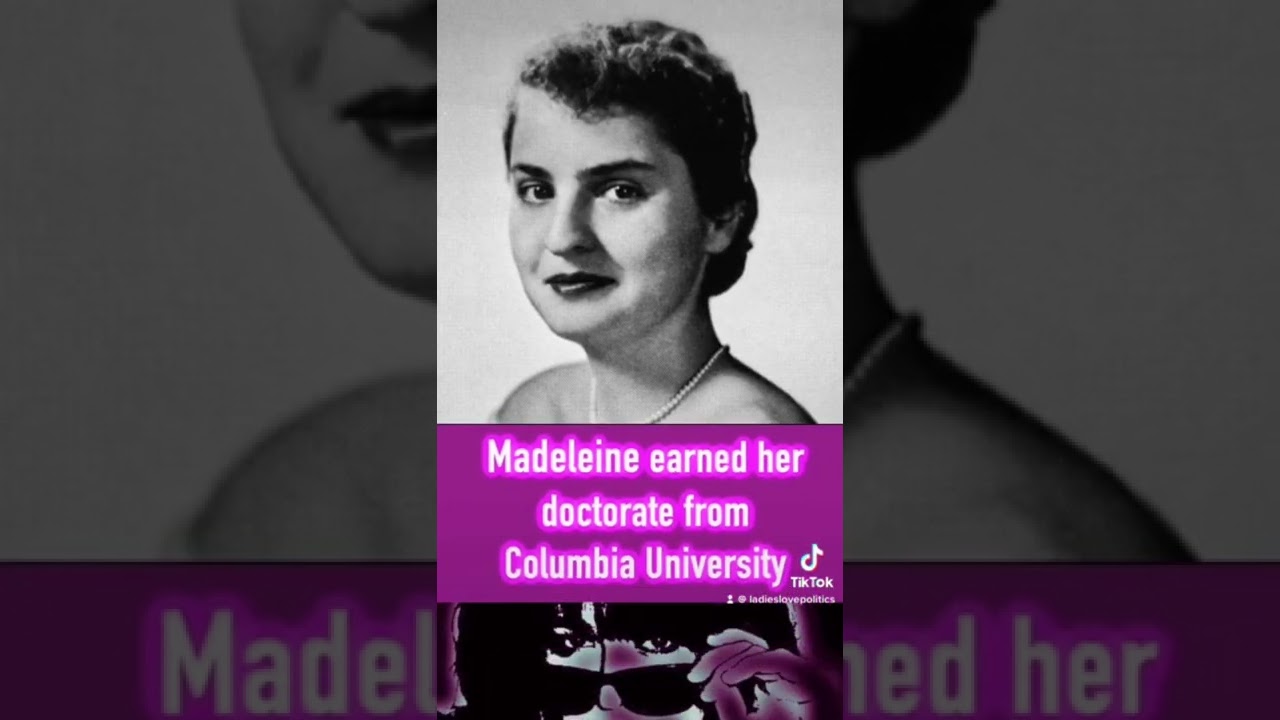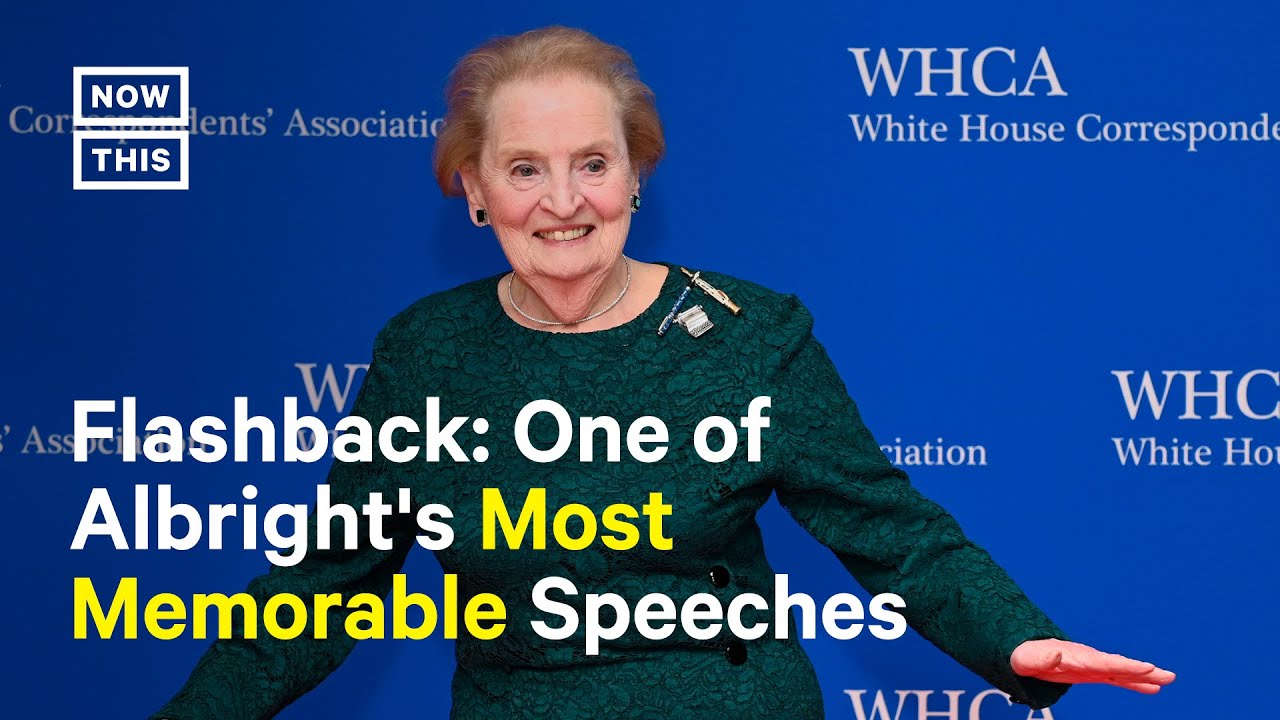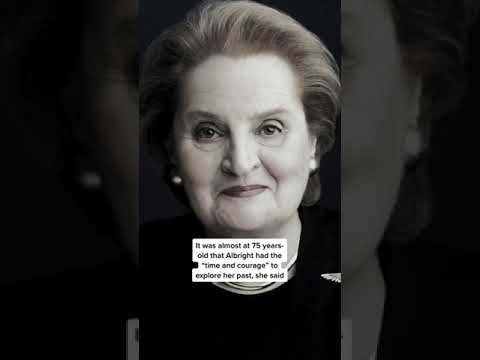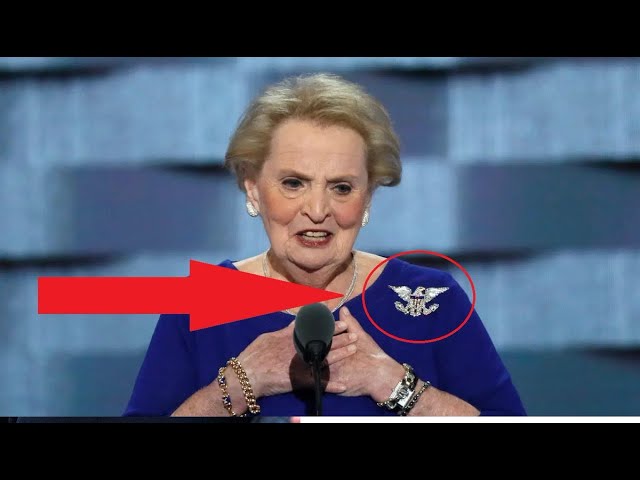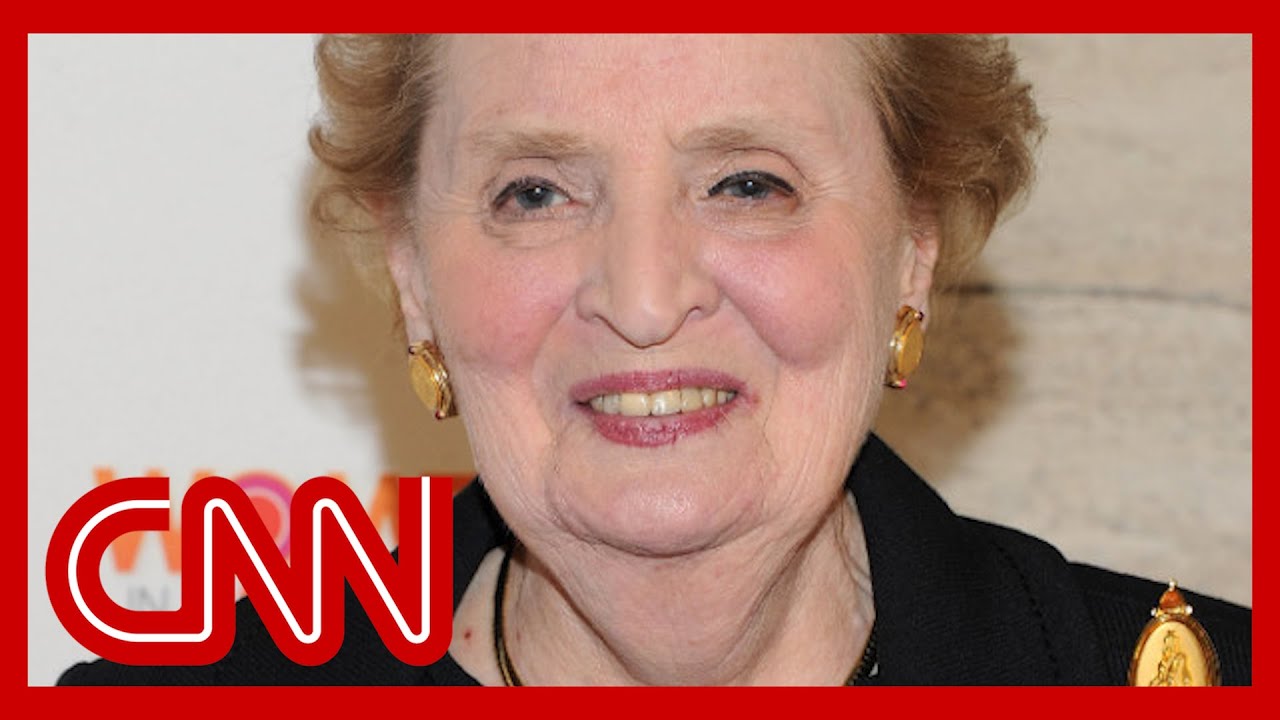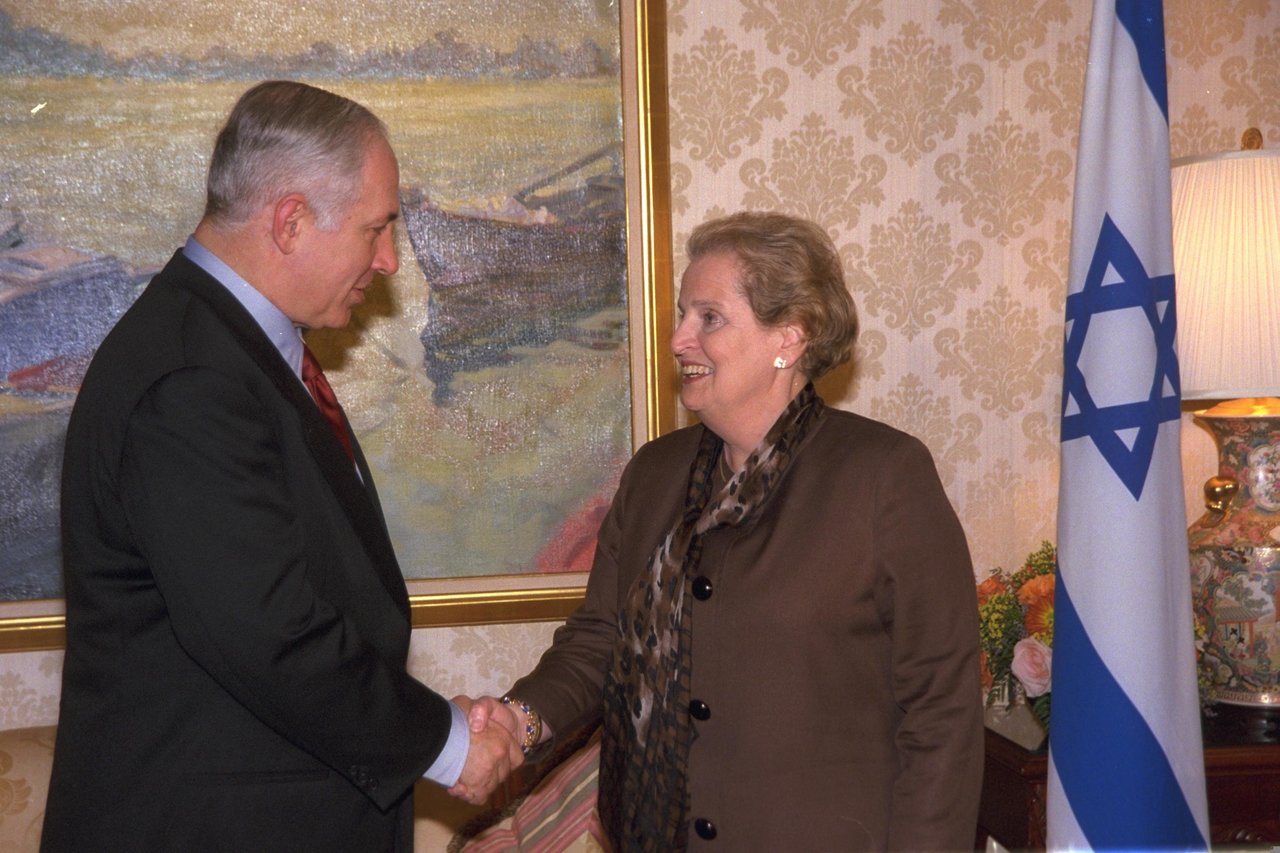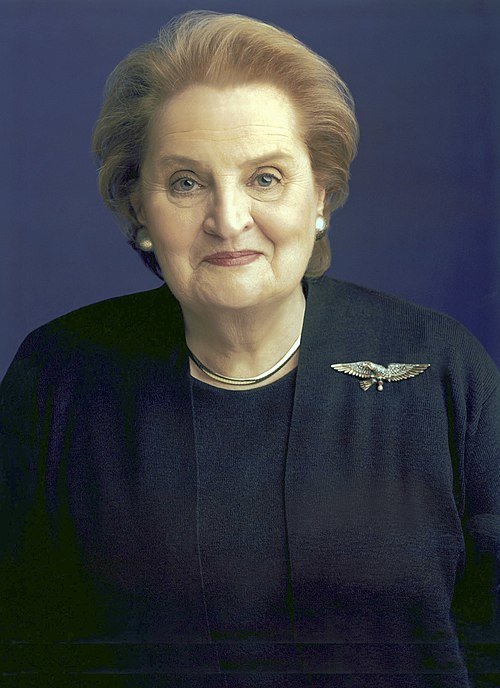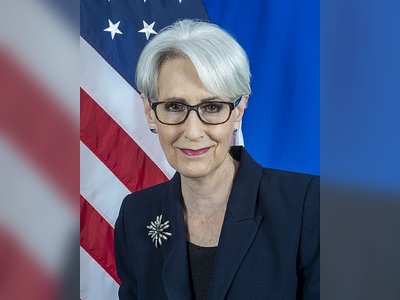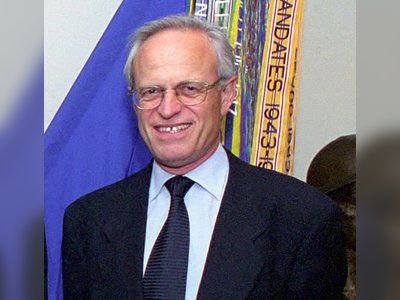Madeleine Albright: A Diplomatic Trailblazer
Madeleine Jana Korbel Albright, born on May 15, 1937, in Prague, Czechoslovakia (now the Czech Republic), was an American diplomat of Jewish descent who served as the 64th Secretary of State of the United States.
Albright's nomination for the role came from President Bill Clinton on December 5, 1996. After receiving approval from the United States Senate, she was sworn into office on January 23, 1997. Albright made history as the first woman to hold this position, marking the highest-ranking woman in the history of the U.S. government at the time.
She also served as a professor of international relations at Georgetown University and held an honorary doctorate from Columbia University, among other honors. Furthermore, she chaired the board of the National Democratic Institute in the United States. In May 2012, President Barack Obama awarded her the Presidential Medal of Freedom.
Madeleine Albright was multilingual, proficient in English, French, Russian, and Czech, and she could also read Polish and Serbo-Croatian.
Early Life and Beginnings
Born as Marie Jana Korbelová in Prague, she was the daughter of Czech diplomat Josef Korbel and Anna (Spiegelova) Korbel. She was raised as a Catholic by her parents, who had converted from Judaism to escape persecution.
She later became an Episcopalian. The name "Madeleine" was a French version of "Madelka," a Czech nickname given to her by her grandmother. Albright adopted this new name when she attended a Swiss school.
From 1936 to 1939, her father served on a diplomatic mission for Czechoslovakia in Belgrade, Yugoslavia. Due to the Munich Agreement in March 1938, which resulted in the division of Czechoslovakia, and her father's connections with President Eduard Benes, her family found refuge in London.
Many of her close relatives who remained in Czechoslovakia, including three cousins, perished in the Holocaust. However, Albright claimed she only learned about her Jewish heritage in her adulthood.
After the war, her family returned to Czechoslovakia but eventually moved to the United States in 1948, following the Communist takeover of the country. They settled in Denver, where her father taught at the University of Denver and established the Graduate School of International Studies.
One of his students was Condoleezza Rice, who would later become the U.S. Secretary of State. Albright became a U.S. citizen in 1957. She studied political science at Wellesley College and married journalist Joseph Medill Patterson Albright in May 1959. The couple had three daughters before divorcing in 1982. Albright pursued further education, earning a master's and a doctorate from Columbia University.
Early Career and Political Involvement
From 1976 to 1978, Albright served as a staff member to Senator Edmund Muskie, and from 1978 to 1981, she was part of the White House staff and the National Security Council in President Jimmy Carter's administration, focusing on legislative aspects of foreign policy.
In 1981 and 1982, she worked as a fellow at the Center for Strategic and International Studies in the Department of Soviet and Eastern European Studies, conducting research on the development of the Soviet Union and Eastern Europe. In 1982, she was appointed a professor of international relations at Georgetown University. She was selected as a Distinguished Professor four times.
During the 1984 and 1988 U.S. presidential elections, Albright served as a foreign policy adviser to Democratic candidates. While they did not win, this increased her public recognition as an expert in foreign affairs.
Ambassador to the United Nations
Albright was appointed as the U.S. Ambassador to the United Nations by President Bill Clinton shortly after his election. It was her first diplomatic role of significance. She presented her credentials on February 9, 1993. During her tenure at the UN, she had a contentious relationship with UN Secretary-General Boutros Boutros-Ghali.
Albright faced criticism for an interview she gave to CBS's "60 Minutes," where she was asked about the impact of sanctions on Iraq. When questioned about the reported deaths of more than half a million Iraqi children, she famously said, "We think the price is worth it." In 2005, she reflected on the interview, stating, "I never should have made it, it was stupid," but she maintained support for the sanctions.
Secretary of State
Following President Bill Clinton's re-election, Albright was appointed as the Secretary of State, becoming the first woman to hold this position. She played a significant role in reshaping U.S. policy on issues related to the Balkans, an area she knew well.
During her tenure, the Kosovo War unfolded, and NATO forces attempted to pressure the Serbian government to end the conflict between the Federal Republic of Yugoslavia's military and Serb paramilitary forces in Kosovo and the Kosovo Liberation Army. The operation involved extensive bombings of Yugoslavia. Many Serbs viewed Albright as holding biased views against Serbia.
As Secretary of State, Albright also worked to advance peace agreements in the Middle East, including participating in negotiations between Israel and the Palestinian Authority, leading to the Wye River Memorandum. She was also involved in talks between Israel and Syria at the Shepherdstown Conference.
In 2000, Albright was among the high-ranking Western politicians who met with Kim Jong-il, the leader of North Korea.
Post-Political Career
After her tenure as Secretary of State, many anticipated that Albright would transition into Czech politics. Czech President Václav Havel even spoke of the possibility of her assuming a political role in the Czech Republic.
On October 25, 2005, Albright made a cameo appearance in the television series "Gilmore Girls." She appeared in Rory Gilmore's dream.
Today, Albright serves as a professor of diplomacy at Georgetown University.
- מדליין אולברייטhe.wikipedia.org
